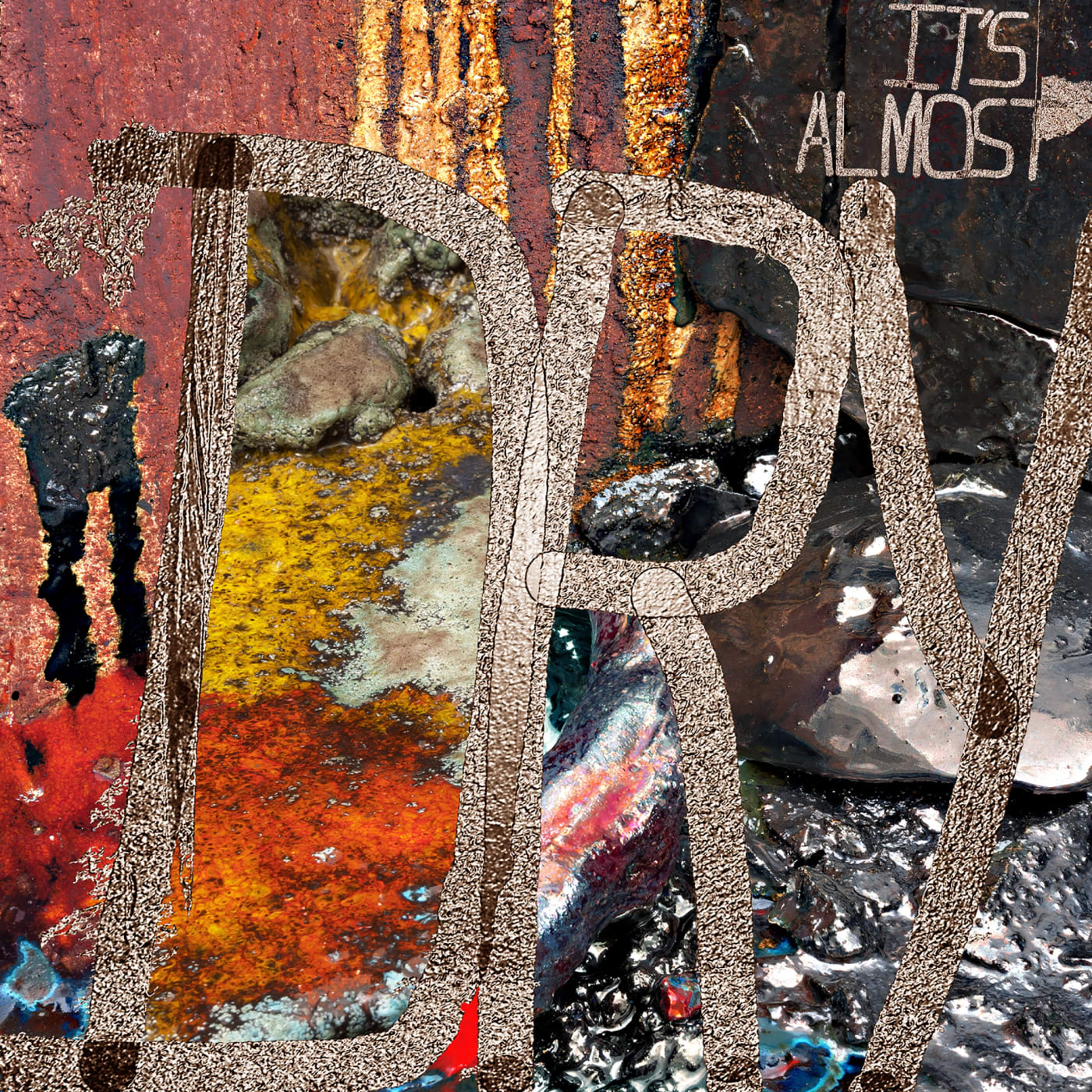The scope of Bad Bunny’s 80-minute, 23-track Un Verano Sin Ti allows the Puerto Rican rapper-singer to explore the full breadth of his romantic and sexual proclivities. For the first several songs, the album immerses us in Benito Antonio Martínez Ocasio’s restless lust, his love of ass, and unabashedly dirty passion for the female form, which he conveys with an undeniably winning charisma over cheekily mournful reggaeton arrangements.
Yet even in this opening stretch there are glimmers of a more complicated sense of desire. On “Tití Me Preguntó,” Bunny answers his auntie’s question about whether he has a girlfriend by enumerating just how many women he has at his beck and call, but his monotonous boasts are scored by a churning, almost robotic percussive shuffle that indicates that all of the anonymous fucking is starting to bore him. Indeed, he stages a heel turn by the song’s end, declaring that he can never fall in love and doesn’t want to be a mindless lothario anymore.
As Un Verano Sin Ti wears on, Bunny begins to seriously consider leaving behind the dating game. On “Un Ratito,” he ponders returning to his ex, while on “Ojitos Lindos,” a collaboration with psychedelic cumbia duo Bomba Estéreo, Bunny tenderly expresses his appreciation for his lover’s smile and the mole near her lip. The latter finds him attempting to not squander an opportunity for happiness, though by the time the title track rolls around in the album’s final stretch, he’s alone again and pining for a lost connection.
All of this cataloguing of sexual woes and triumphs inevitably brings to mind Drake—to say nothing of Bunny’s effortless blend of genres (from dancehall to dembo to hip-house to trap) across the album and delivery style. Bunny even fondly recalls Champagne Papi’s Views as a staple of his 2016 existence on “Dos Mil 16.” But Un Verano Sin Ti is more often than not fueled by the artist’s silky, pleading singing than his kinetic rapping.
And rather than play culture vulture and disingenuously embody an ascendant style, Bunny doubles down on his heritage and cultural identity. He pays tribute to the Afro-Caribbean communities of Puerto Rico with samba drumming on “El Apagón,” before declaring his love for the island’s women, closing the track with, “Esta es mi tierra, esta soy yo” (“This is my land, this is me”). Bunny’s paramours are, in fact, the protagonists of Un Verano Sin Ti, living lives that are, as he depicts with a melodramatic anguish, just outside of his reach.
Since 2001, we've brought you uncompromising, candid takes on the world of film, music, television, video games, theater, and more. Independently owned and operated publications like Slant have been hit hard in recent years, but we’re committed to keeping our content free and accessible—meaning no paywalls or fees.
If you like what we do, please consider subscribing to our Patreon or making a donation.



